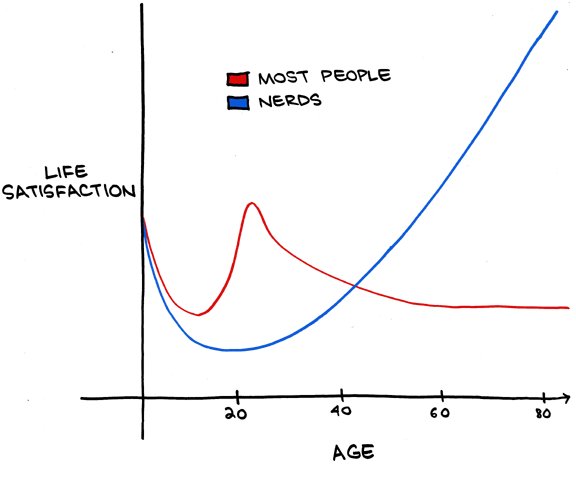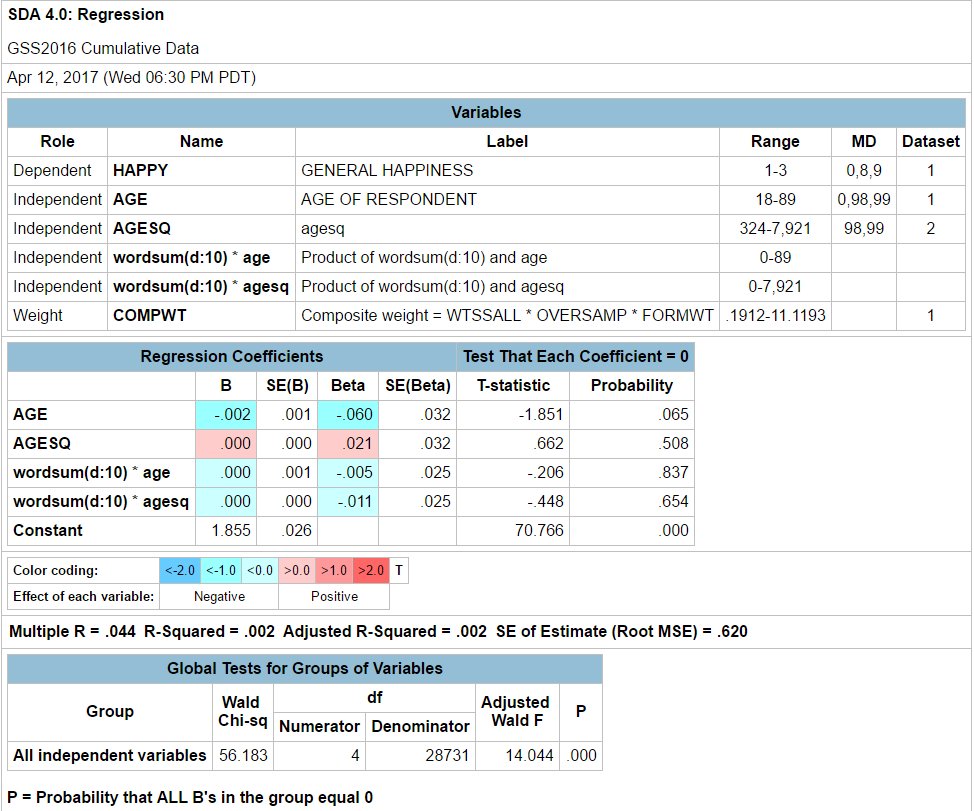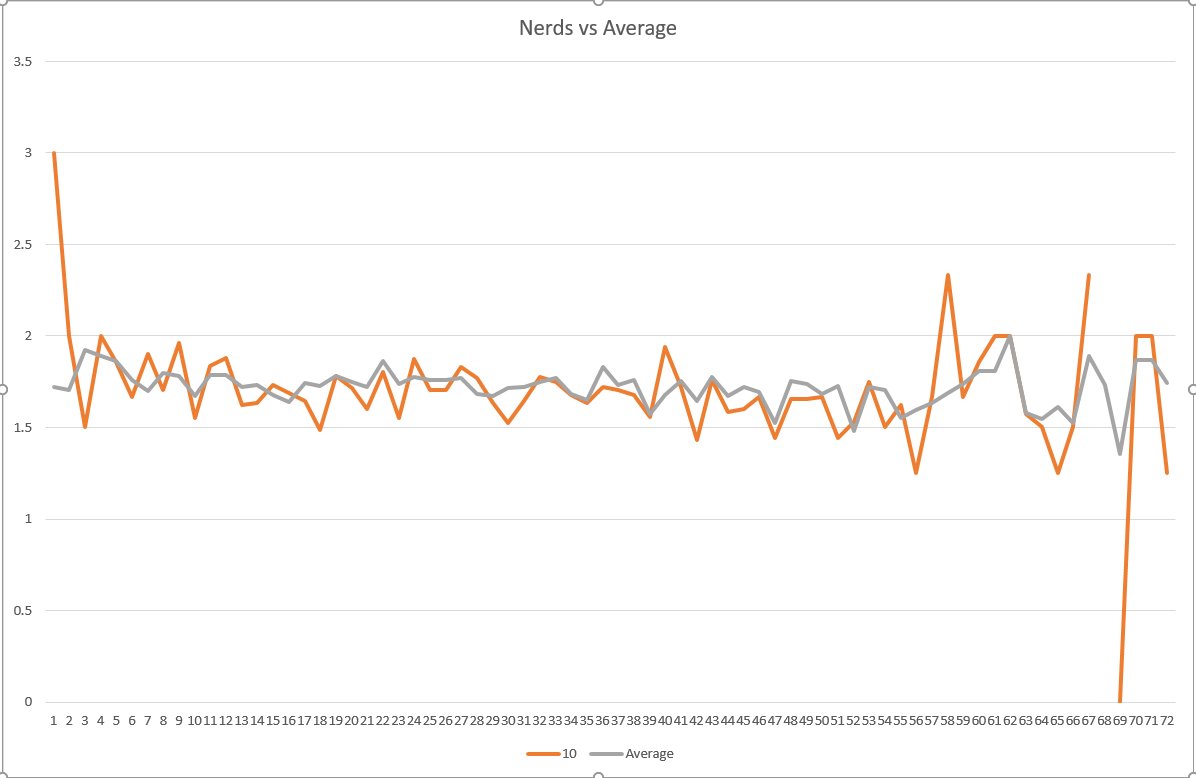I was involved a bit in the Local Alcohol Policy process in Wellington in 2014, when I did a bit of expert witness work for the Hospitality Association around mandatory bar closing times. Wellington Council wanted a 5am closing time; the police appealed, wanting earlier closing times; and the Hospitality Association joined in in support of Council. The end result was Council here adopting national default closing times (4am for on-licence) where the measures they'd proposed as mitigating perceived harms from later closing times were ruled to be outside of Council's remit.
Anyway, the adoption of national default trading hours incorporated a fair bit of discussion around harms - Council decided to go with the national default after weighing up the kinds of things that councils should weigh up. National default times applied to on-license and off-licence premises.
Fast forward a couple of years. The police in Wellington, along with the Medical Officer, have been bullying bottle shops, threatening to object to licence renewals unless they agree to earlier closing times. If there were some issue where a particular licensee had incompetent staff later in the evening and regular problems with, say, selling to intoxicated people or to minors after 10pm, then objections would be fair enough. But it's really starting to look like the police just want all of downtown to have earlier closing times because they don't like the closing times that Council chose. They had their say during the LAP process, didn't get their way, and are trying to bully their way through by their power to make it tough for licensees to get their licenses renewed. The power to veto is the power to legislate.
And so I really really liked this ruling on Cuba Liquor World's license renewal appeal. Big hat-tip to Dominic Kelly at Hashigo Zake.
The Authority notes that there was no public opposition to the license renewal, and the licensing inspector did not oppose it either. But the Police and Medical Officer of Health objected. They couldn't show any harms from that licensee's late night trading other than one failed controlled purchase operation a couple years ago - the licensing inspector didn't object to the application, so whatever issue there was in that one case must have been resolved. And so the license was renewed.
The Police then appealed the renewal. Because of course they did. The Authority's ruling includes this gem:
Section 103 responsibilitiesEmphasis added.
[77] Both appeals before the Authority relate to the appellants’ dissatisfaction with the DLC not imposing restricted trading hours by way of a condition imposed on the licence. It is clear from their submissions that they opposed this application, in large part, because the licensee did not agree to shorter opening hours, notwithstanding that they accepted other conditions put to them.
[78] The Authority would be concerned if both the Police and the Medical Officer of Health went into the DLC hearing because they failed to negotiate a 9.00 pm closing time to achieve, as the second appellant put it, a “goal to reduce accessibility”.
[79] Reporting agencies should be careful to avoid ‘negotiating’ conditions with an applicant in exchange for those agencies not opposing the application. Doing so risks creating the impression that they have used their statutory reporting function under s 103 to achieve their own ends. While the interests of reporting agencies are undoubtedly of significant importance, and it is for that reason that they have been given a function under s 103, the Authority would take a dim view if opposition turned on whether an applicant agreed with reporting agencies’ recommendations on conditions. The role of the Police and the Medical Officer of Health under s 103 is clear. They are to inquire into the application and if they have any matters in opposition, to file with the DLC a report on those matters. The evaluative exercise under s 131, and the imposition of conditions, is for the DLC alone and not for the Medical Officer of Health or the Police. It would be an improper use of their reporting role in s 103 if that was used in a way that effectively usurped the DLC’s licensing function.
The Police risk creating the impression? I expect this is judicial talk for "stop abusing your power you pillocks."
A few fun questions then:
- Where licensees have only agreed to conditions because of police threats to bully them through the appeals process, and if the Authority is now starting to glean that the police have been bullying licensees around licence conditions, should there be any mechanism for reversing conditions that were only agreed to under extortionate threat?
- At what point should the Police Minister be involved in this mess? The Police Minister should generally stay out of operational matters, but if the Police are in fact behaving in the way that the Authority says the Police risk creating the impression that they are behaving, well, that does sound like something that the Police's boss ought to be doing something about.
Here's Dominic on the mess - and he's sticking his neck out here because the Police could yet punish him for speaking up about it come his next licence renewal [Update: that's my take not his]:
For a while now, some of us have been observing how alcohol licences are issued in Wellington, with a bit of concern for one particular aspect. And that is the practice of the Police telling applicants that they will oppose their applications unless they agree to certain conditions being written into the licences.
If and when Police object, the application goes to a hearing and everyone takes their chances with the District Licensing Committee. From what I've seen, the DLC overrules the objections of the Police (and the Medical Officer of Health) with surprising frequency. Nevertheless, for a lot of applicants the hearing and the time taken for it to happen are unpalatable, especially if they're applying for a new licence and any delay in the licence might delay their opening. (It's different if you're applying for a renewal.) So applicants tend to pay very close attention to any suggestions the Police have for avoiding a hearing.
He continues:
From what I know of these things, the behaviour that the New Zealand Alcohol Regulatory and Licensing Authority is saying should be avoided sounds an awful lot like the way Wellington licensing has been operating for the last two or three years. For example the 2015 decision regarding an off-licence application here incorporates extracts from a succession of emails that must pretty much fit the dictionary definition of a "negotiation". (Paragraphs 12-17, on pages 5 and 6.)Meanwhile, Liquor King Kent Terrace had its licence renewal subject to shorter trading hours. It's appealed, arguing that Police and Medical Officer evidence on "Here are the number of late night arrests in a wide area around Courtney Place" and "Here are the number of late-night ED presentations from a wide area around Courtney Place" say nothing about harms relating to their trading hours. Full disclosure: I did a minor review of that evidence for Lion.
So if the New Zealand Alcohol Regulatory and Licensing Authority is saying that this kind of practice is against the intent of the 2012 Sale and Supply of Alcohol Act, but this practice has been routine for several years, what does it say about the licences that have been granted in this time? Do they need to all be reconsidered by the Wellington District Licensing Committee?
Getting more extreme, if a bar or liquor store felt coerced into accepting shorter trading hours, can they sue the Police for loss of income?
The Police and Medical Officer evidence was around an incremental strategy to get reduced trading hours for the downtown as a whole by curbing hours at each licensee in turn - there was no causal nexus between any particular store's hours and harms, but an assertion that you'd have reduced harms with shorter overall hours implemented store-by-store. But setting trading hours for downtown as a whole isn't the darned job of the Police or Medical Officer - it's what Council did when it set the local alcohol policy in the first place, and both of those had their say at that point.




